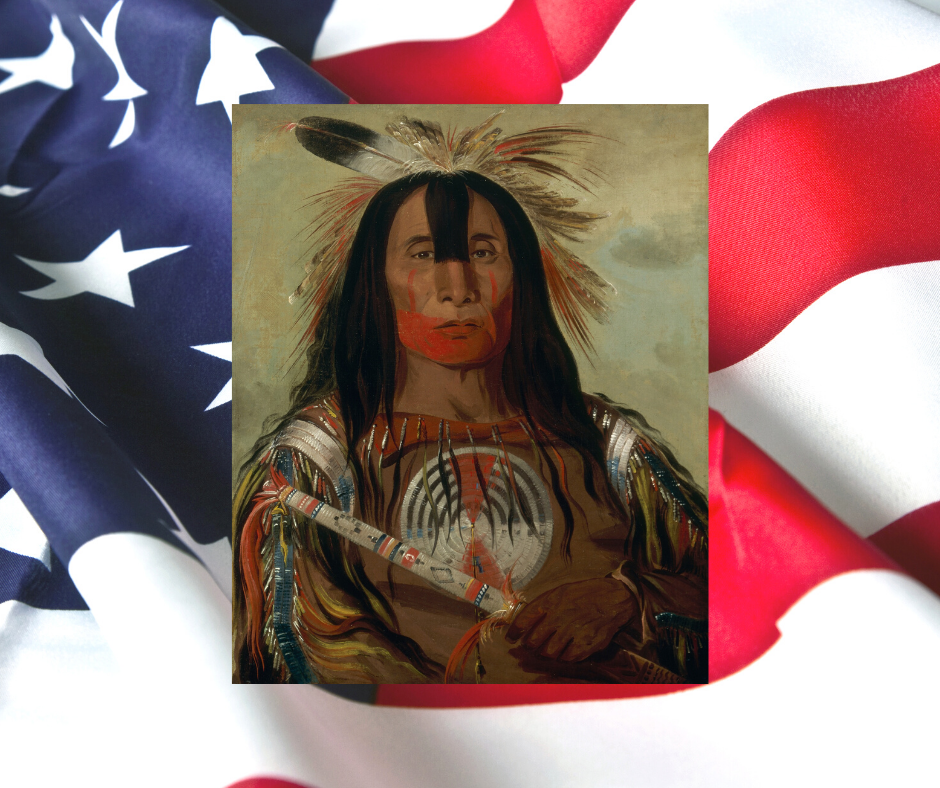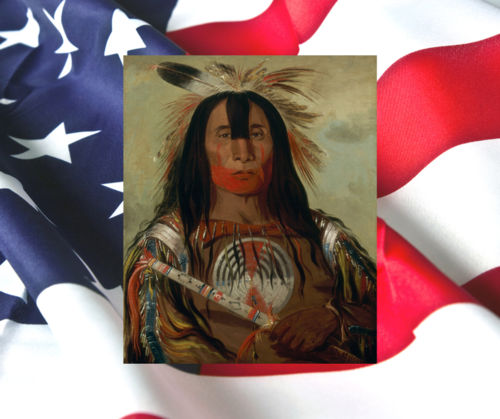Nothing good came of Columbus discovering America?
Do tell.
So. . . did you think that America and cross cultural interaction was never going to occur? Would you have preferred that conquest and subjugation happen later than it did?
You must explain yourself, for clearly your basic understanding of the evolution of human civilization and global societies has been retarded in some way.
IMO? The fact that it happen BEFORE the enlightenment was most opportune, do you have an argument against that?

Do you seriously have a philosophical argument against the very nature of man?

en.wikipedia.org

I'll preface this by saying I'm 100% open to corrections. I've just started my major in history not too long ago, and my independent studies have mostly focused on states outside of Europe. I'd love to learn more from this discussion.
The discovery of the New World was indeed inevitable, just as the discovery of
most things are inevitable. Discoveries are rarely the result of great people, because great people are an aspect of all times; more often than not, they come as a natural consequence of the natural, perpetual curiosity (and greed) of people, paired with the technological capability to make those discoveries.
With that being said, my understanding is that the discovery of New World directly and immediately led to three negative consequences for the natives: disease, slaughter, and the proselytization of the survivors. I understand the disease was the bulk of that, and while it's the "fault" of those conquistadors and the settlers that followed, it wasn't their
intention. But I would argue that's irrelevant to this discussion, and will assume it's as such for the remaining portion of my argument, for this reason: I am not judging the quality of
people, but the positive or negative consequences of a set of actions.
Though disease killed the bulk of the natives, what followed for many survivors was either literal death at the hands of the new worlders (a slaughter which would last for centuries), or cultural death due to proselytization.
Even if we are to disregard the effects on the natives themselves, I believe it was the discovery of the New World and its colonization that led to the economic necessity that drove the triangular trade, spurring the enslavement of countless Africans.
I'm sure I missed some negative consequences, and I'm sure I'm forgetting some positive consequences. My knowledge is rather surface level.
Also, I'd like to know why you think the New World was better discovered pre-Enlightenment. While the Enlightenment wasn't really a coherent movement, my understanding is that it was a general trend towards more respect for human life (and the reaction to that newfound respect). This manifested as individualism (liberty and tolerance) and the rejection of traditional Christian theology (and in some rare cases, Christianity itself). Wouldn't the former cause more people to challenge the actions in the New World, and the latter discourage some forms of proselytization? Though it could also be said that even mid-Enlightenment they didn't hesitate to take quite abhorrent actions in the New World, so maybe not.
Do you celebrate Christmas or New Year or Easter or Halloween or Arbor Day?
Not usually, no.
Whining is part-and-parcel of wokeness. The achievements of people should be recognized, and this watershed discovery and it's discoverer must be noted.
I don't consider myself "woke." Also, when did I say anything about recognizing or not recognizing the achievements of Columbus? We should definitely recognize them, and we should definitely note them. Where did you get that?
I figured you put the term in quotes because it is no longer an accurate way to refer to your fellow woke fascists who have been indoctrinated by your teachers to hate western culture and your own country in particular.
What grade are you in?
My High School was in the rural area of one of the most republican states in the country. My teachers were very open to having respectful discussions about their ideals, which sort of counteracts the whole idea that they attempted to indoctrinate. I very rarely agreed with either my liberal or conservative (your terms, not mine) teachers.
Also, I don't really "hate" western culture or even the US. I'm not a big fan of the US or western culture, but I certainly prefer them over any other culture on the planet, and they'll be a good stepping stone to greater improvement in the future.
As for what grade I'm in, I'm in my sophomore year of university.
I guess Neil Armstrong didnt do anything worth celebrating either.
Why not?
yumegari is representative of a new faction of ‘American’…one that Democrats manifested while good REAL Americans sat there on their hands, became pussified and quit giving a shit.
They belong in a new age Auschwitz.
Oh? What'd I do that people haven't been doing for the past hundred years?
Someone's allergic to respectful discussion.
Perspective. I had two uncles (Marines, now deceased) who if they had at that time known who Oppenheimer was and his connection with what he did would have most certainly celebrated him. It saved them from visiting Japan at a bad time.
That's a really interesting view, and I certainly respect that. It's all a matter of perspective.






